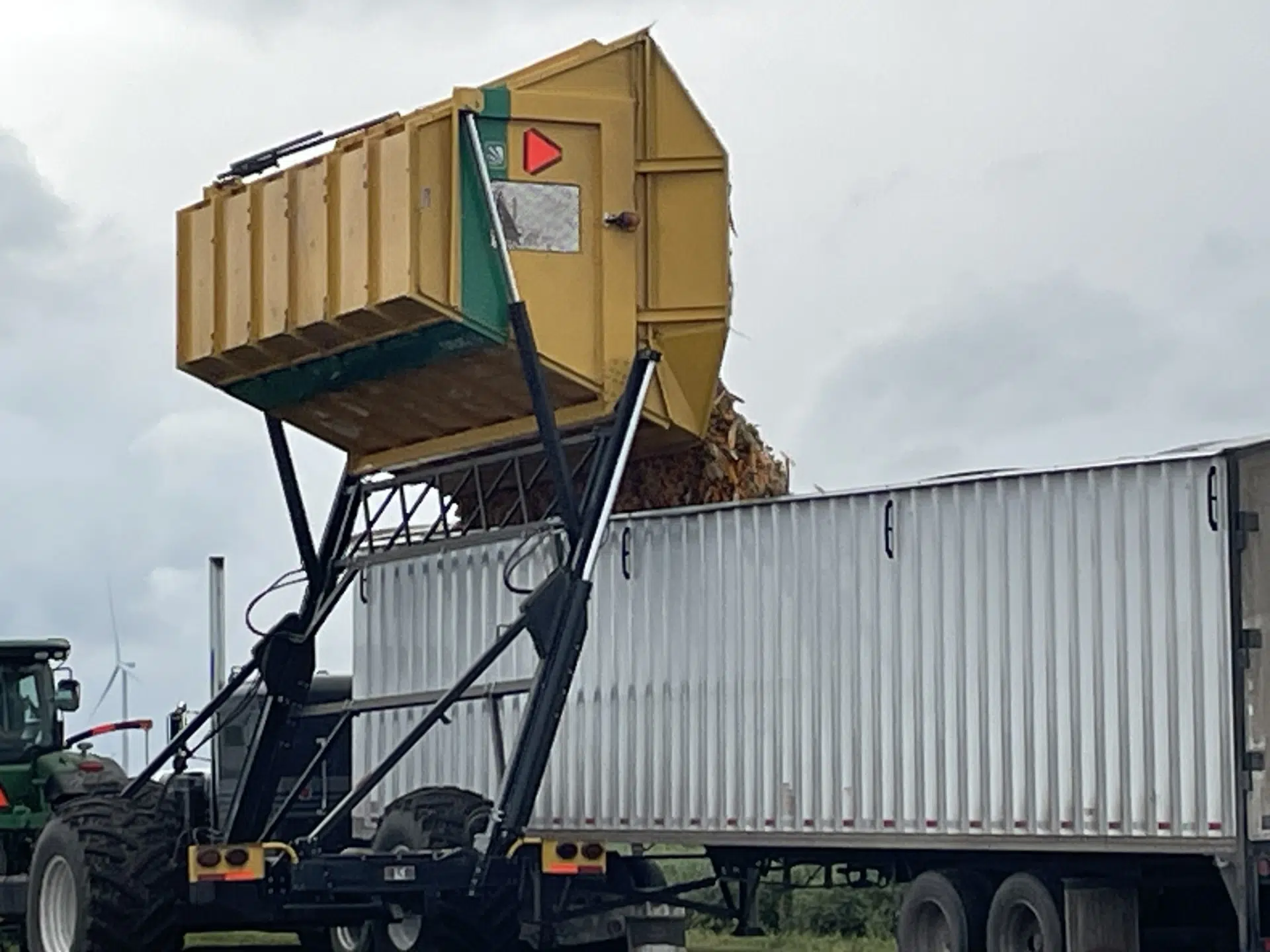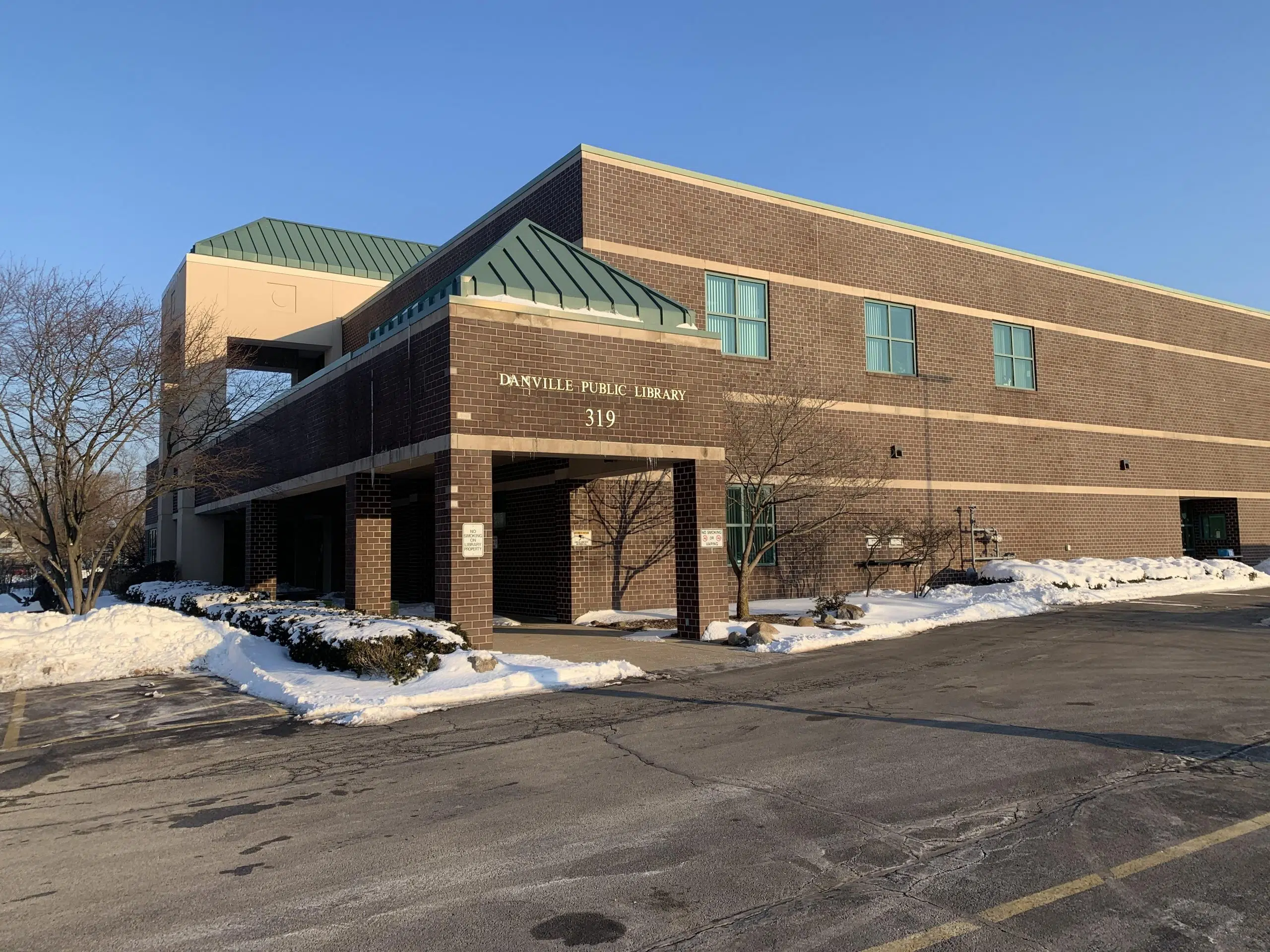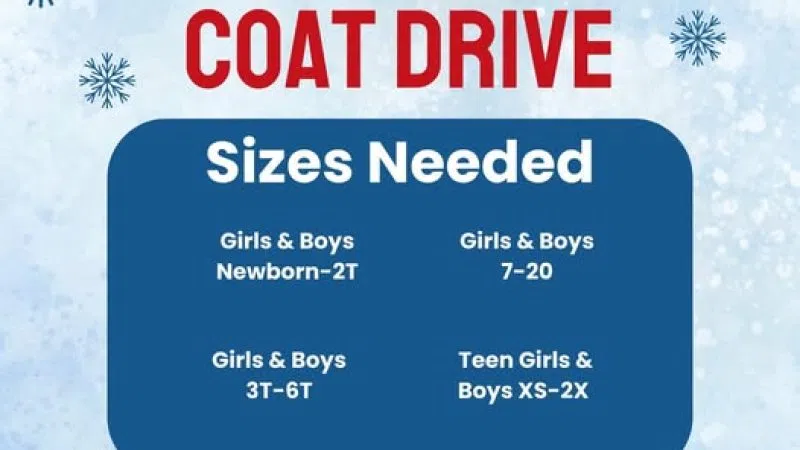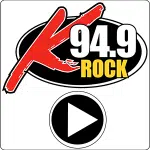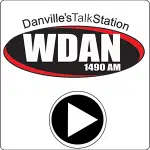Harvest time is here, and for the most part corn and soybean growers are just getting started. But those growing seed corn are well underway. Neuhoff Media’s own Eric Westfall works as Packaging Coordinator for Hubner Industries, along Indiana Route 28 in West Lebanon. He says, when a company grows corn to be planted as seeds for next year, it’s their job to give the buyer exactly what they want when it comes to perhaps type of protection desired from certain insects, or from drought.
Westfall says it’s also their job to harvest as much of the seed corn as possible before the first frost, because too much moisture causes trouble. He says farmers growing corn headed for a finished product have different worries than those trying to keep kernels intact to make good seeds.
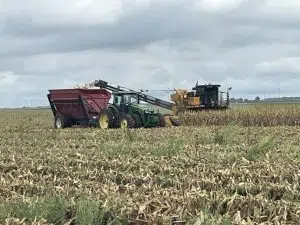
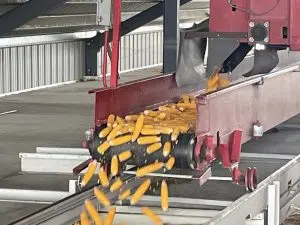
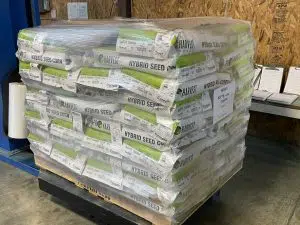
AUDIO: The farmer, he’s not having to grow that seed again. Once he harvests it; it goes to the elevator, and more times than not it gets broken up into feed for animals, or some other purpose that doesn’t involve that seed getting planted again to grow again. In our business, we have to harvest a seed for the farmer to plant. And there’s an embryo inside that seed that is what grows, it’s what makes the plant grow. And if you get to a point where a frost hits, and there’s too much moisture in that kernel, it’ll destroy the embryo and it won’t grow.
Doug Hubner is president of Hubner Industries, started decades ago by his father and grandfather. He says there’s always more to learn when it comes to growing good seeds, and he enjoys the challenge.
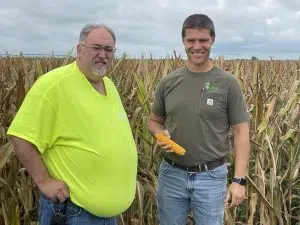
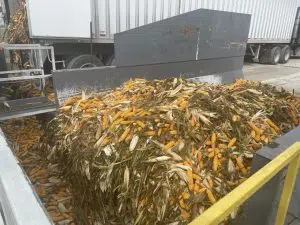
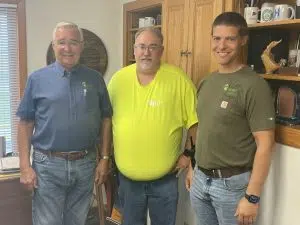
(1st Picture) Eric Westphal and Doug Hubner examine an ear of seed corn during harvest. (Last Picture) Bob Hubner, Eric Westfall, and Doug Hubner at Hubner Industries Offices in West Lebanon.
AUDIO: The innovation and the technology that is in the seed industry, and the importance of making sure that farmers have the highest quality products to plant to raise the highest yields for the U.S. and the population around the world. There’s a lot more to figure out. How do we continue to create better sustainability in our farming practices? And utilizing the new technologies, the new seeds of cover crops, and also new inbreds; new innovations that are coming through our research and development engines in agriculture.
Hubner pointed out that all stalks and cobs are hauled away for uses on farms, so nothing from the corn goes to waste. Hubner Industries also raises soybean seeds; with a total of about 4500 acres for corn, and 4200 for soybeans. In addition to their fields in the West Lebanon area, some of Hubner’s seed corn is also grown in the Muncie area in Oakwood Township.
